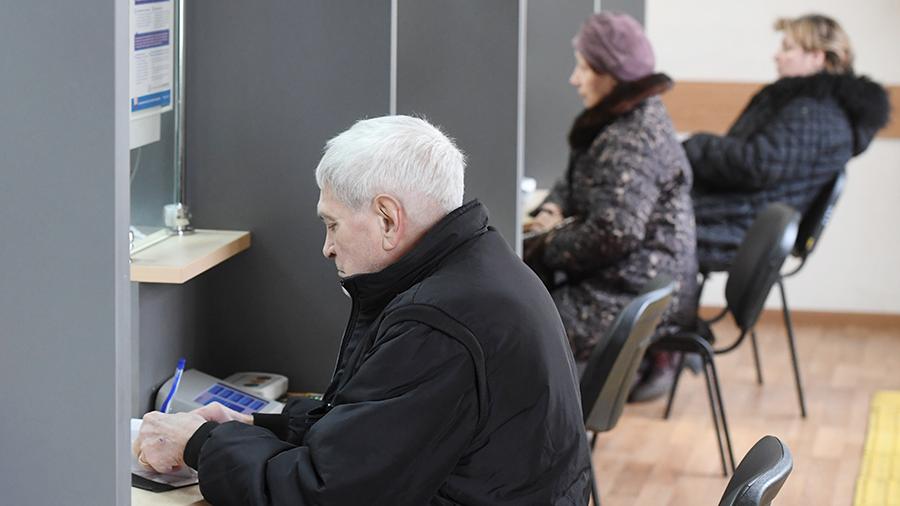“The President signed the next three years. I think that within these three years the institution will be dismantled in regulation and legislation. By institute I mean the transfer of budget funds to savings accounts of citizens. The money on these accounts will not go anywhere, but the new funds will not go through this channel,” Shvetsov said at a meeting with financial market participants.
According to him, this is partly why the draft of the third type of individual investment accounts (IIA) has been presented by the Central Bank in late October. It will give the double benefit (regular tax deduction on contributions and exemption from income tax upon account closing) if the funds are in it for at least ten years and then will be used for certain purposes: for example, buying a home or forming a pension plan.
The experts interviewed by Ridus agree that the funded pension will most likely really be canceled. It has been frozen since 2014, and it is impossible to do that forever. The likelihood that there would be no turning back has been increasing significantly every year, and not because the idea itself is bad. The state simply has no funds. After all, they originally promised compensation for frozen savings. However, it is obvious now that they have been irretrievably consumed within the framework of payments to current pensioners, and the PFR budget both has been and is in deficit.
The problem of unsatisfactory size of those pensions paid within the de facto distribution system remains. An attempt to replace the funded part with the point system was unsuccessful. The transition to it has barely begun, and many are already experiencing disappointment, says Konstantin Ordov, head of corporate finance and corporate governance department of the Financial University under the Russian government.
Giving up the idea of funded pension system in Russia is a forced measure, but nothing smarter has yet been invented in the world, Konstantin Ordov believes. It is possible though to make savings independently, with no government participation, as they do in developed countries. And, even in this case, the state must provide the appropriate infrastructure so that the formation of savings is, in principle, possible, rational and, at least, reliable. The problem with that in Russia is huge.
The long-term investment instruments in the stock markets, which the representatives of the Central Bank talk about, are also quite interesting, believes Alexander Razuvayev, director of the information and analysis center Alpari. According to him, such investment strategies turn out to be quite successful, even despite the sanctions, devaluations and crises.
However, he is confident that the state pension will remain on the horizon for the next decades. Moreover, it will slightly grow in real terms, since a rental economy in Russia will remain at the expense of raw materials income. The expert does not believe that the world will give up oil or gas in the next 50 years. Thus, the Russian pensioners will live no worse than now, but no better in the foreseeable future.
Source: https://www.ridus.ru/news/343914
Photos are from opened sources.





